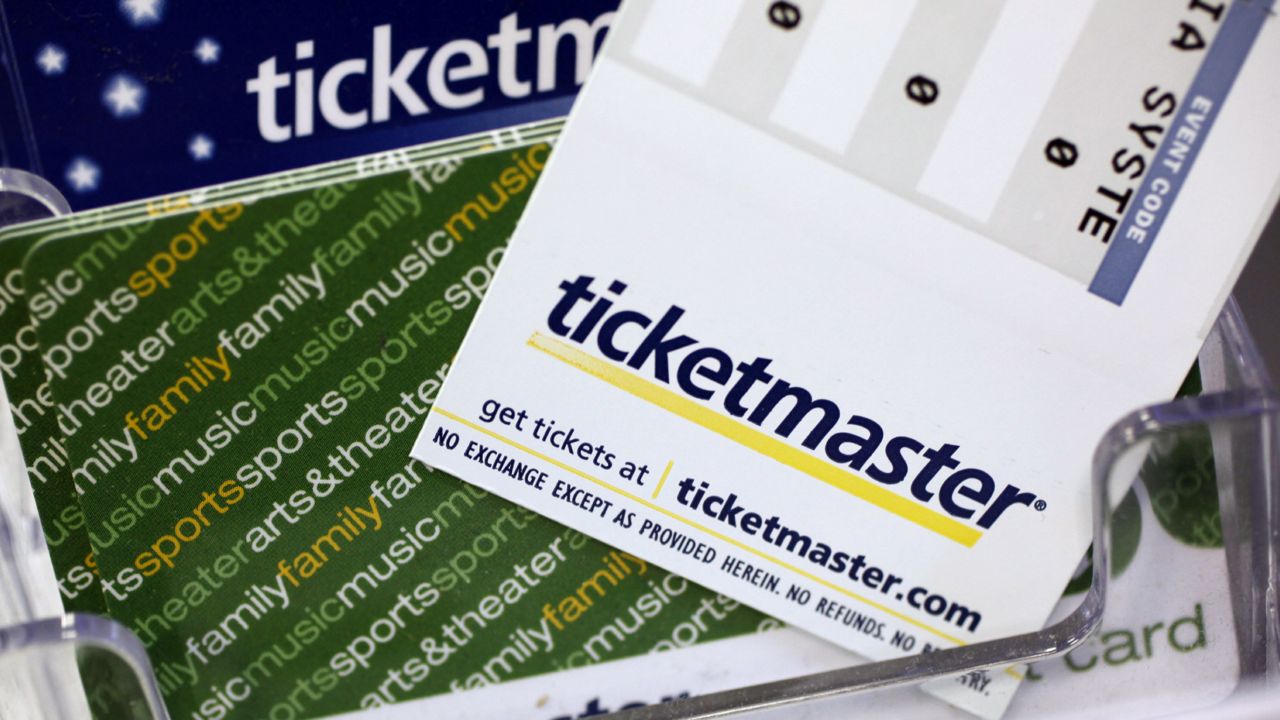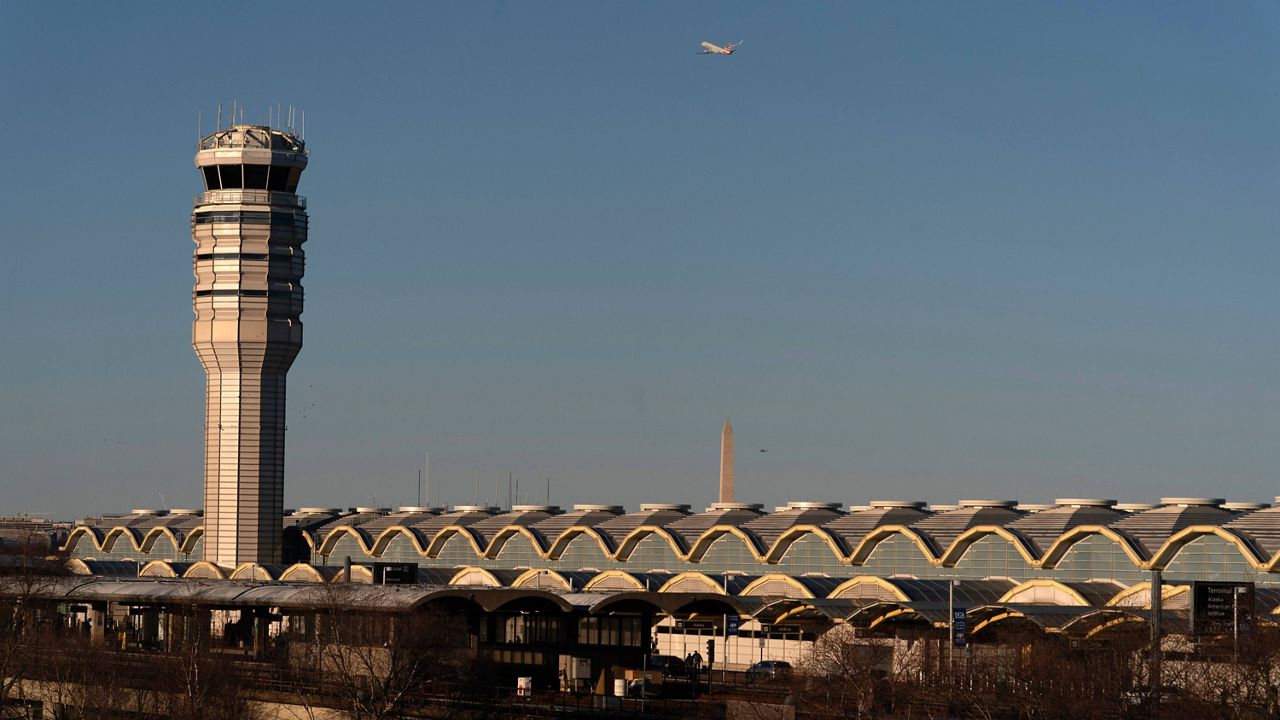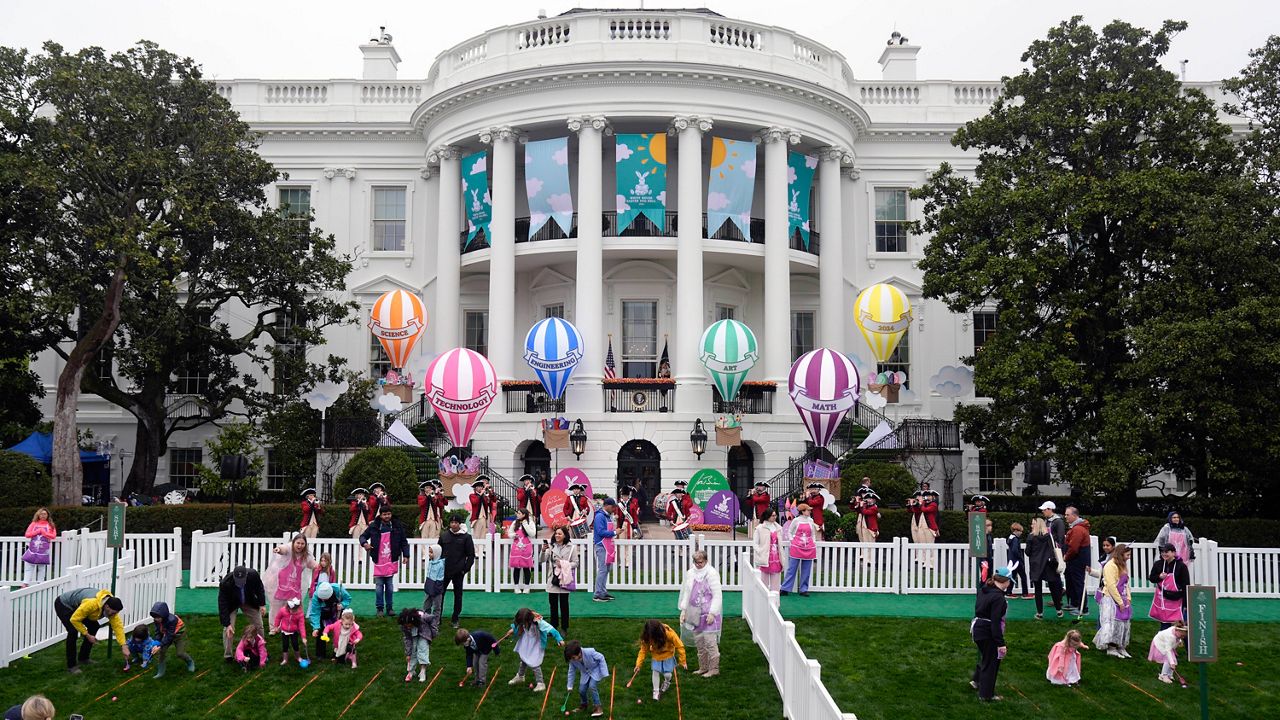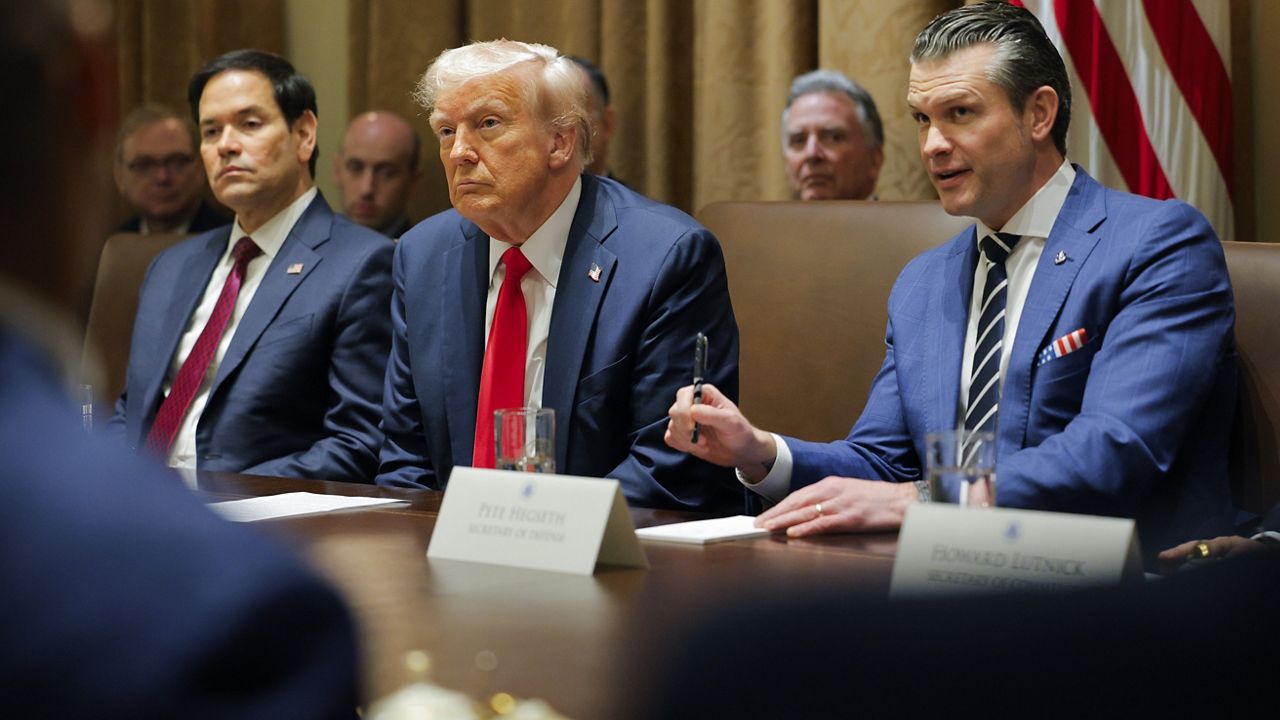The Senate Judiciary Committee will hold its first hearing of the 118th Congress next Tuesday, focusing on “the Ticketmaster debacle,” incoming ranking member Sen. Lindsey Graham, R-S.C., wrote in a statement.
The overarching theme of the hearing will be to examine lack of competition in the ticketing industry and the company’s potential monopoly on the market. The issue exploded into the national consciousness last year when Ticketmaster hosted sales for Taylor Swift’s upcoming “Eras Tour.”
“The issues within America’s ticketing industry were made painfully obvious when Ticketmaster’s website failed hundreds of thousands of fans hoping to purchase tickets for Taylor Swift’s new tour, but these problems are not new,” Sen. Amy Klobuchar, D-Minn., wrote in a statement announcing next week’s hearing.
“For too long, consumers have faced high fees, long waits, and website failures, and Ticketmaster’s dominant market position means the company faces inadequate pressure to innovate and improve,” Klobuchar continued, saying the hearing – scheduled for 10:00 a.m. Eastern time on Jan. 24 – will “examine how consolidation in the live entertainment and ticketing industries harms customers and artists alike.”
For Swift fans, November’s sale presented a series of frustrating challenges when Ticketmaster could not handle the influx of pre-sale customers, forcing would-be-concert-goers to wait in hours-long digital lines, sometimes to no avail. The company later canceled its general public sale, citing "extraordinarily high demands on ticketing systems and insufficient remaining ticket inventory to meet that demand.”
For some members of Congress, the fiasco represented a much wider problem: that of massive companies merging with others and exerting a monopoly on the market.
Klobuchar was among a slew of lawmakers who called on both the Department of Justice and the Federal Trade commission to investigate Ticketmaster’s practices.
“Monopolies wreak havoc on consumers and our economy,” Klobuchar wrote at the time, saying the United States needs stronger antitrust enforcement. “When there is no competition to incentivize better services and fair prices, we all suffer the consequences.”
It is an issue that has gained bipartisan support in both chambers of Congress, with Sen. Mike Lee, R-Utah, ranking member of the Senate Judiciary Subcommittee on Competition Policy, Antitrust, and Consumer Rights, saying in part: “I look forward to exercising our Subcommittee’s oversight authority to ensure that anticompetitive mergers and exclusionary conduct are not crippling an entertainment industry already struggling to recover from pandemic lockdowns.”
According to a 2019 report from the Government Accountability Office, Ticketmaster controlled over 80% of primary ticketing across the United States for concerts, sports games and other major events. The company also held the second-largest market share in secondary ticket sales, behind StubHub.
The alleged problem stems from Ticketmaster’s contentious 2010 merger with Live Nation to create Live Nation Entertainment. Artists and fans alike pushed back against the decade-old agreement before it was finalized, with some – including Bruce Springsteen – expressing frustration that Ticketmaster would send fans to its subsidiary sites like TicketsNow, which has been accused of upselling tickets at a higher price.
While the event ticketing industry itself is not federally regulated, the FTC broadly “prohibits unfair or deceptive acts or practices in or affecting commerce,” meaning it can enforce regulations against companies who violate those federal standards.
Spectrum News has reached out to Ticketmaster for comment on Tuesday’s hearing.








